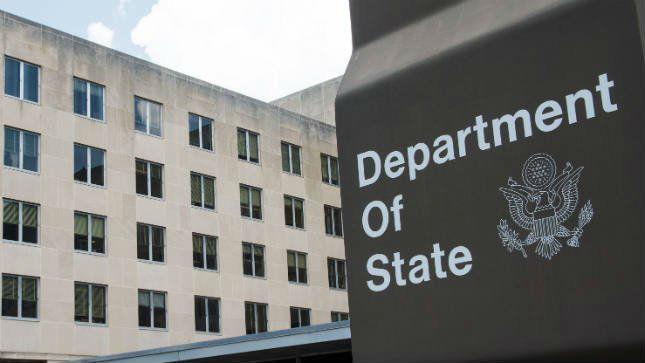The report cites a police case against activist Teesta Setalvad.

The US State Department on Sunday published a report titled ‘Country Reports on Human Rights Practices for 2016’ that criticizes India for the killing of SIMI operatives in an alleged fake encounter and Vyapam-scam deaths in the state of Madhya Pradesh.
“The most significant human rights problems involved instances of police and security force abuses, including extrajudicial killings, torture, and rape; corruption, which remained widespread and contributed to ineffective responses to crimes, including those against women, children, and members of Scheduled Castes (SCs) or Scheduled Tribes (STs); and societal violence based on gender, religious affiliation, and caste or tribe,” the report read.
The report cites a police case against activist Teesta Setalvad, and refers to restrictions on foreign funding of NGOs terming it as the violation of the freedom of association.
The police case against Teesta Setalvad , her husband Javed Anand and others is an instance of “governmental attitude regarding international and non-governmental investigations of alleged violations of human rights,” the report said.
According to the State Department, Vyapam deaths are the examples of “corruption and lack of transparency in government.”
“Arrest in the case since the investigation began in 2013 included more than 2,000 individuals. In August, the CBI registered a complaint against 60 individuals and filed charges against a student candidate and an impersonator. The Madhya Pradesh high court granted bail to some of the accused. The CBI was also investigating the deaths of 48 individuals over the span of five years, including a journalist, who reported on the fraud,” the report read.
The report said that rape, domestic violence, dowry-related deaths, honor killing, sexual harassment and discrimination against women and girls are still a serious societal issue in India.
“The law forbids the provision of acceptance of a dowry, but families continued to offer and accept dowries, and dowry disputes remained a serious problem. The law also bans harassment in the form of dowry demands and empowers magistrates to issue protection orders. NCRB data showed authorities arrested 19,973 persons for dowry deaths in 2015,” it said.
It also mentions the issues including AFSPA, violence in Jammu and Kashmir, Maoist threats, custodial deaths, racial attacks against African nationals, Kashmiri Pandits’ resettlement, LGBT rights and freedom of speech and press.



